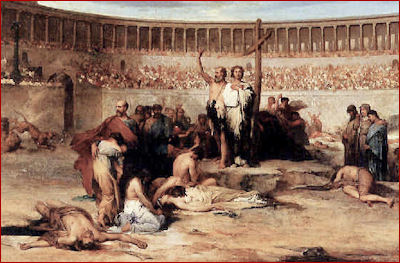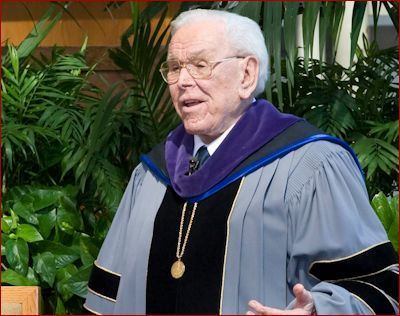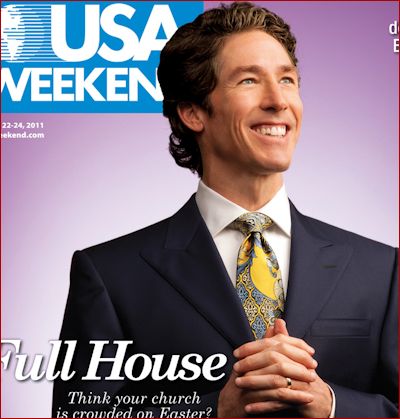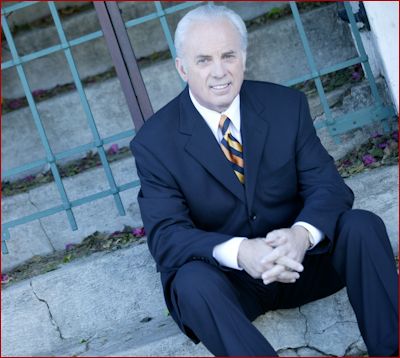Happy Wednesday. Welcome.
Before we get started here, Phil, Dan and I are thinking about blog template renovation, so if you see changes in layer, design, or anything else, we're just going to engage in some once-a-700-days housekeeping. If the link breaks for a Saturday when we update the template, relax and know that at least everything we've ever posted is secure in the Google cache.
I have a head cold as I write this and I'm not really up to 3 pages today, so I'll give you a short bit which I have been considering for a few weeks here.
Before I start, let the haters be forewarned:
Don't try to unearth some crypto-hate under this one point of consideration today. I'm not trying to undermine the whole Gospel Coalition, or start a file on Dr. Ortlund, or reveal the systematic culture of blahblahblah in Nashville pastors. What percolated into this post was a single tweet by Justin Taylor back on 06 Dec 2011:
And that tweet links to a brief post by Dr. Ortlund, which is a book recommendation. I'm sure it's a fine book -- I'm sure, in fact, that what the readers of Jonathan Edwards need are more books about Jonathan Edwards.
Ahem. That's the cold medicine talking. Sorry.
So anyway: "I'm more helped by watching a genius think well than by identifying the fallacies and weaknesses of myself or others."
I've been pondering this for about 3 months now, and I admit it: I disagree. That is -- I disagree that watching someone else "think well" helps me personally more than it does to identify my own faults and weaknesses. Now, as I said, I have a head cold today and I'm just not up for running through all the Scriptural reasons I can't really hug this one like a valuable proverb -- though I do have a short list.
I think watching someone else think well is entertaining, and usually informative. But it doesn't improve me the way a frank evaluation of myself can improve me, and edify me, and further my sanctification as well as my relationships with others.
I even have a great personal example of this, but instead I'm simply going to put it the way James put it:
Know this, my beloved brothers: let every person be quick to hear, slow to speak, slow to anger; for the anger of man does not produce the righteousness of God. Therefore put away all filthiness and rampant wickedness and receive with meekness the implanted word, which is able to save your souls.The question we have to grapple with here is whether or not we get better by watching someone else do it well, or if we get better by recognizing how much farther we have to go before we will be doing it well -- and therefore lean on Christ while we are working out our faith with fear and trembing.
But be doers of the word, and not hearers only, deceiving yourselves. For if anyone is a hearer of the word and not a doer, he is like a man who looks intently at his natural face in a mirror. For he looks at himself and goes away and at once forgets what he was like. But the one who looks into the perfect law, the law of liberty, and perseveres, being no hearer who forgets but a doer who acts, he will be blessed in his doing.
And with that, before the cold medicine kicks in again, be with the Lord's people in the Lord's house on the Lord's day this week. Persevere.








 ere Paul paints a vivid picture of what he merely alluded to in verse 2: an era when biblical preaching would be "out of season." This is what it looks like: "People will not endure sound teaching, but having itching ears they will accumulate for themselves teachers to suit their own passions, and will turn away from listening to the truth and wander off into myths."
ere Paul paints a vivid picture of what he merely alluded to in verse 2: an era when biblical preaching would be "out of season." This is what it looks like: "People will not endure sound teaching, but having itching ears they will accumulate for themselves teachers to suit their own passions, and will turn away from listening to the truth and wander off into myths."

 The
The  ee how precious material runs to waste if the light is not trimmed! There is a thief in the candle, and so it takes
ee how precious material runs to waste if the light is not trimmed! There is a thief in the candle, and so it takes  to guttering and running away, instead of fielding up its substance to be used for the light.
to guttering and running away, instead of fielding up its substance to be used for the light.

 ow let's face it: the church in our generation has been cultivated in a hothouse of evangelical apostasy where unapologetic truth-speaking—especially if it includes rebuke for wrongdoing or the refutation of falsehood—is simply not tolerated. And yet the denizens of this refined society fancy themselves more tolerant than our benighted spiritual ancestors who held strong convictions about moral, ethical, and spiritual matters.
ow let's face it: the church in our generation has been cultivated in a hothouse of evangelical apostasy where unapologetic truth-speaking—especially if it includes rebuke for wrongdoing or the refutation of falsehood—is simply not tolerated. And yet the denizens of this refined society fancy themselves more tolerant than our benighted spiritual ancestors who held strong convictions about moral, ethical, and spiritual matters.












 aul's instructions to Timothy (in 2 Timothy 4) include these imperatives: "reprove, rebuke . . . exhort" (2 Timothy 4:2). That's three successive words in the Greek text, each with a slightly different nuance.
aul's instructions to Timothy (in 2 Timothy 4) include these imperatives: "reprove, rebuke . . . exhort" (2 Timothy 4:2). That's three successive words in the Greek text, each with a slightly different nuance.

 he wild thinker claims that he is free, and needs no liberty from Christ. The sinner who is in bondage to his passions and scorns the idea of being set at liberty, as if he were a bondman. The more a slave a man is to his own conceit or his own lust, the more he talks about his freedom. We should not know that he was free if he did not call himself so.
he wild thinker claims that he is free, and needs no liberty from Christ. The sinner who is in bondage to his passions and scorns the idea of being set at liberty, as if he were a bondman. The more a slave a man is to his own conceit or his own lust, the more he talks about his freedom. We should not know that he was free if he did not call himself so.

 fter more than a year of discussion and analysis,
fter more than a year of discussion and analysis, 
 Those who are using the most inadequate translations obviously need the most help to understand the Scriptures properly. Personally, I would be delighted to see the MSB notes in every commonly-used translation—and in as many languages as possible.
Those who are using the most inadequate translations obviously need the most help to understand the Scriptures properly. Personally, I would be delighted to see the MSB notes in every commonly-used translation—and in as many languages as possible.













